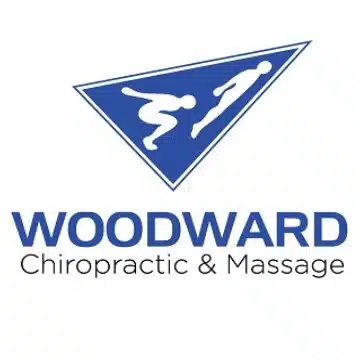Can Neck Exercises Reduce Chronic Whiplash Symptoms?
Did you know that an alarming 90% of neurologically injured whiplash patients DO NOT recover and have neck muscle dysfunction even up to a year after the date of their motor vehicle collision? There is suspicion among researchers that such ongoing issues are the result of the body’s initial response to injury to the brachial plexus, the network of intersecting


